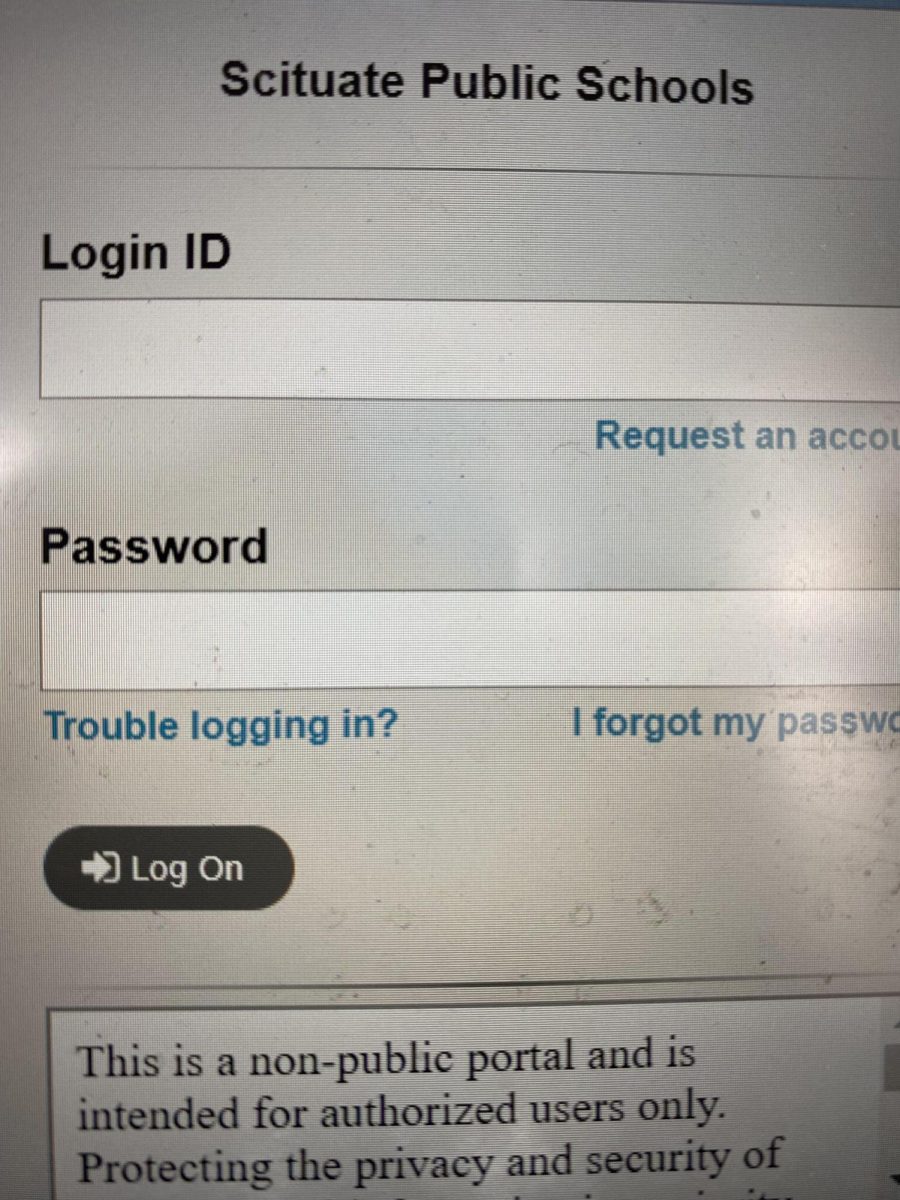Have you ever anxiously refreshed Aspen, waiting for that AP Stat test grade that could make or break your grade? This tension and worry have become a familiar routine to many SHS students.
Since its introduction in 2012, Aspen has been integral to the academic culture at SHS. This online system gives students, staff, teachers, and parents a platform to check grades, community service hours, and quarterly report cards. In addition, students can see the annual update to their GPA. SHS administrators utilize the Aspen home page to post updates and resources, which can be helpful to SHS families.
Without Aspen, keeping track of grades would be much more challenging. However, Aspen has also increased anxiety for some students at SHS.
SHS seniors Isabella Montiero and Sophie Blanchard both check Aspen, on average, three times a day. Montiero remarked, “I don’t think I can survive without it.” Noting that Aspen is an essential component of SHS’s academic culture and overall integrity, Blanchard stated that having access to your grades “is a good system to keep you in check” because it keeps students up-to-date and motivated to stay on top of work. In addition, Blanchard views the grades in Aspen as a “rewarding” part of her hard work.
Nevertheless, Blanchard has noticed a concerning increase in academic competitiveness at SHS. With this easy access to grades, students tend to share grades with classmates, which can cultivate competition or insecurity with test scores or academic performance.
In fact, having 24/7 access to grades gives students more insight into their academic performance. This can have immense benefits, including more open communication with teachers. Blanchard noted that better communication makes it easier to “make up missing work.” However, this access can also cause students to micromanage their grades. Even though seeing your grades all the time can give you a sense of relief, what if your grade drops by a few points? This fixation with points can cause unnecessary stress and pressure in school.
Education should be about more than grades. Focusing on grades makes high school academics all about achieving numbers when it should really be about learning and acquiring knowledge.
If you have an obsession with Aspen, try implementing measures to promote balance and mental well-being–try limiting your usage. Check Aspen at the beginning and end of every week. This habit will decrease overall usage, and it might help your mental health.
Nevertheless, when presented with this suggestion, Blanchard stated that checking Aspen twice a week might make her “even more stressed out” since she wouldn’t know what she missed. Monteiro’s response was also compelling: “When I don’t check it, I get anxiety. When I do check it, I get anxious.”
With Aspen being a part of high school life at SHS, students need to find a way to balance the pursuit of academic excellence with their emotional well-being. A culture of self-care needs to be encouraged at SHS. Grades are not a measure of your knowledge, success, or worth. While earning good grades is important, resilience is also an important part of education. You can only learn from your mistakes if you earn a poor grade on your English essay! Taking a break from homework one night a week to relax–especially after exam season–is vital. Fostering an encouraging yet vigorous environment at school is vital for academic excellence and overall well-being.
